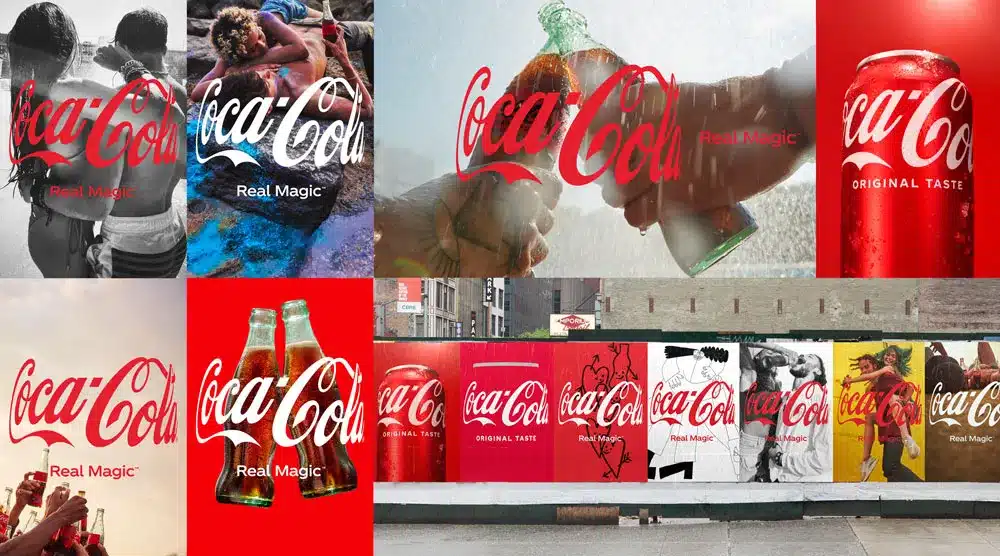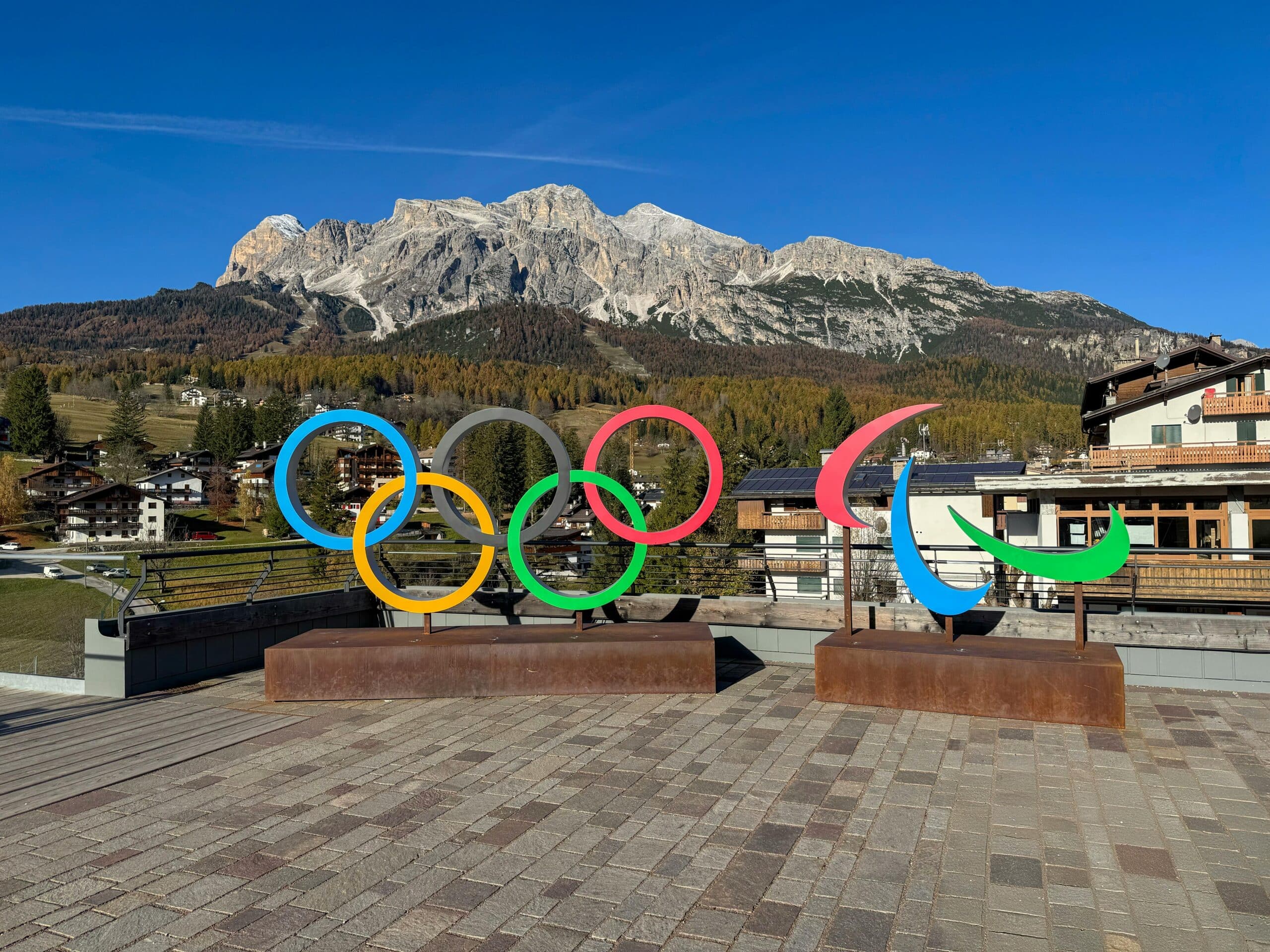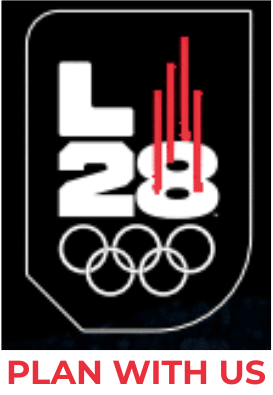Coca-Cola’s marketing strategy is renowned for its innovation, consistency, and ability to foster strong emotional connections with its audience. Here are the key elements contributing to Coca-Cola’s enduring success, and how these principles align with experiential marketing approaches that companies like Towerhouse Global can replicate for clients.
1. A Strong Brand Identity
Coca-Cola’s instantly recognizable logo, iconic contour bottle, and signature red color create a cohesive brand image that has remained consistent for decades. This consistent branding builds trust and recognition, making Coca-Cola synonymous with refreshment and happiness worldwide. Towerhouse can help clients develop or refine their brand identities to achieve similar lasting recognition.
2. Experiential Marketing Campaigns
Coca-Cola has mastered experiential marketing by creating campaigns that engage consumers emotionally and physically. For example, the “Share a Coke” campaign personalized bottles with popular names, fostering a sense of inclusion and encouraging user-generated content. Similarly, their “Happiness Machines” provided unexpected rewards like flowers and pizzas from vending machines, turning mundane transactions into joyful surprises
These campaigns not only amplify consumer engagement but also drive organic social sharing. Towerhouse specializes in crafting similar memorable experiences that build deep connections between brands and their audiences.
3. Digital Engagement
Coca-Cola excels at digital marketing by leveraging social media, influencer collaborations, and cutting-edge technologies like augmented reality. Platforms like Instagram and TikTok are used to engage audiences with creative content and interactive campaigns. For instance, Coca-Cola’s AR experiences allow users to interact with branded content in fun and innovative ways
Towerhouse can integrate advanced digital tools to create campaigns that resonate in the digital era, helping clients connect with tech-savvy audiences.
4. Localized Strategies and Diversification
Coca-Cola adapts its marketing strategies to resonate with local markets, a critical aspect of its global success. It introduces region-specific products and campaigns that align with local preferences and cultural values. For example, in India, Coca-Cola diversified by acquiring local beverage brands to expand its reach
Towerhouse’s expertise in market research can help clients craft localized experiential marketing campaigns that drive global and regional appeal.
5. Corporate Social Responsibility (CSR)
Coca-Cola emphasizes sustainability and social responsibility, which enhances its brand reputation. Initiatives like reducing plastic use, water replenishment projects, and promoting health-focused beverages demonstrate its commitment to the planet and its consumers. Incorporating CSR into experiential marketing ensures campaigns not only resonate emotionally but also align with modern values
5. Creative Partnerships and Sponsorships
Sponsorships of high-profile events like the Olympics and FIFA World Cup have amplified Coca-Cola’s visibility. These partnerships create opportunities for experiential marketing activations, like branded fan zones or interactive installations at events
Towerhouse can design similar event-based strategies for clients to enhance visibility and engagement.
How Towerhouse Can Help
Towerhouse’s expertise in experiential marketing mirrors Coca-Cola’s success in delivering memorable brand experiences. By combining innovative ideas, strategic partnerships, and cutting-edge technology, Towerhouse can craft campaigns that resonate with modern audiences while meeting business objectives. Whether it’s through digital experiences, event sponsorships, or localized strategies, Towerhouse ensures each campaign is as impactful as Coca-Cola’s.
By analyzing the success of Coca-Cola’s marketing, brands can gain valuable insights into building lasting consumer relationships. Collaborating with Towerhouse ensures those insights are transformed into actionable, innovative campaigns that set new industry standards.






